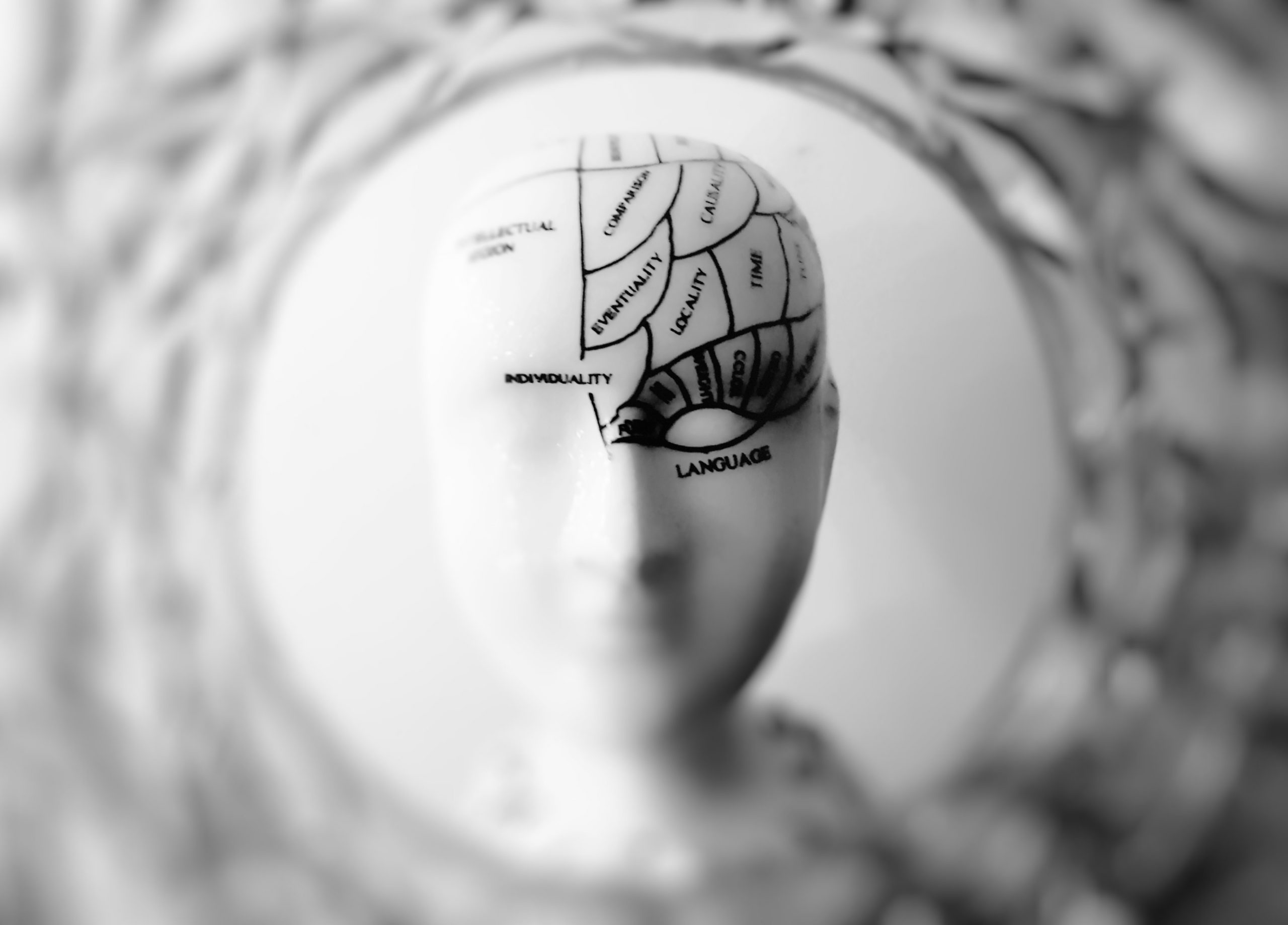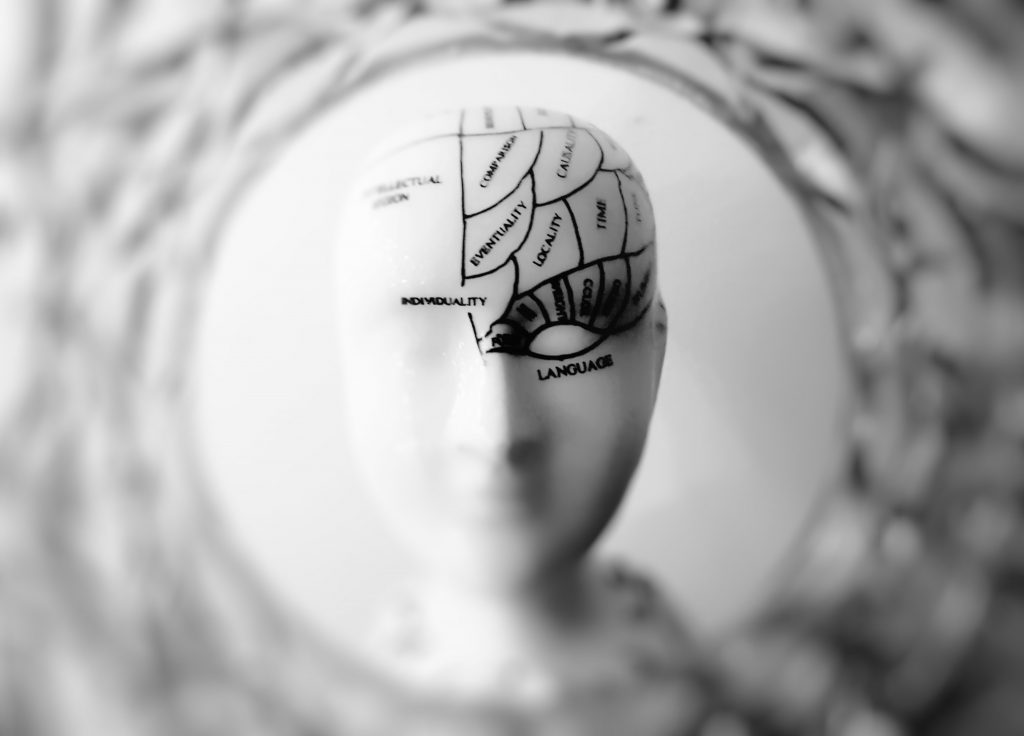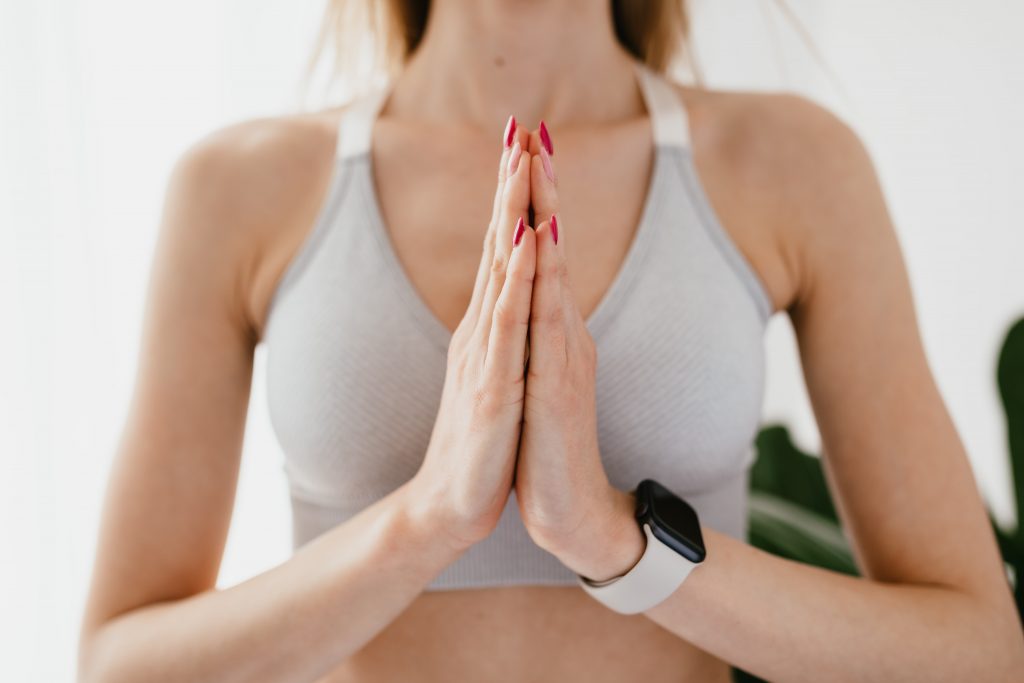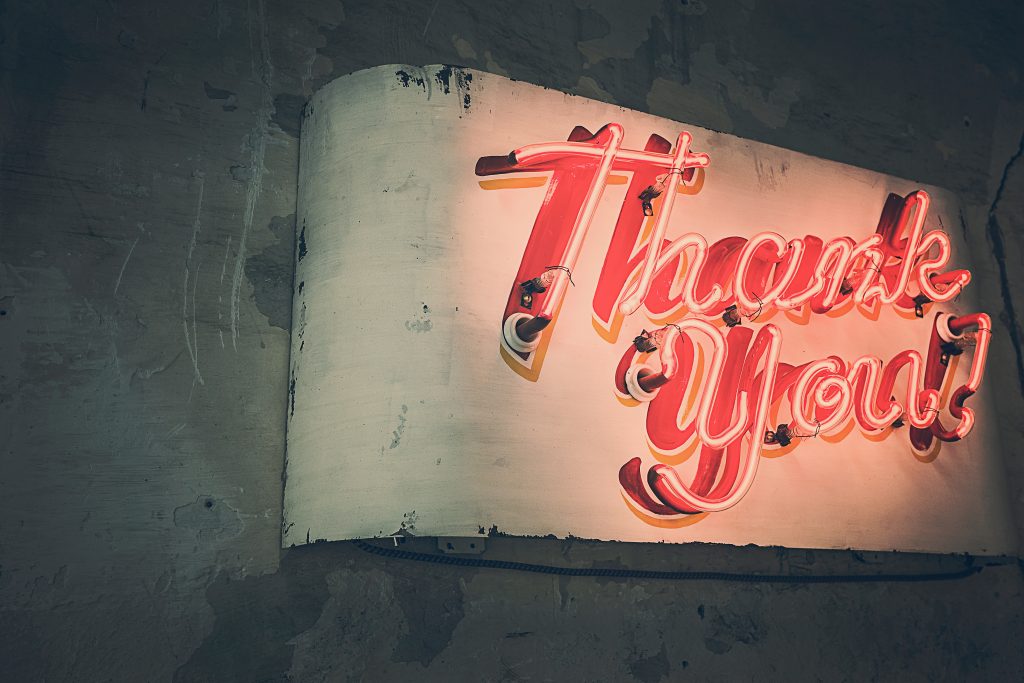Last year, I invited a guy called Sean Connelly to speak at an event. Sean is a wellness coach who has dedicated his life to working with people to get the best from themselves, rooted in a focus of taking care of oneself.
This blog is to share what I have learned over the years as an entrepreneur. So in this post, I want to share with you what I learned from what Sean said in this talk, and how applying that to my life over the last few months has changed my outlook on mental resilience.
Nuggets of Wisdom
I’m a curious person and I think a lot of the things we will learn in life have already been learned by someone older or more experienced, if we just ask them. That’s what talking to various types of people is about on my podcast The University of Life.
I post videos on my YouTube channel that are based on these episodes and I must confess, the motivations for the University of Life have very selfish origins. I’m essentially using it as a learning tool to extract the best life hacks from the older or wiser out there. The successful entrepreneurs. Discussing what helps motivate them, the nuggets of wisdom they have picked up along the way, and what keeps them going.
What is Mental Resilience?
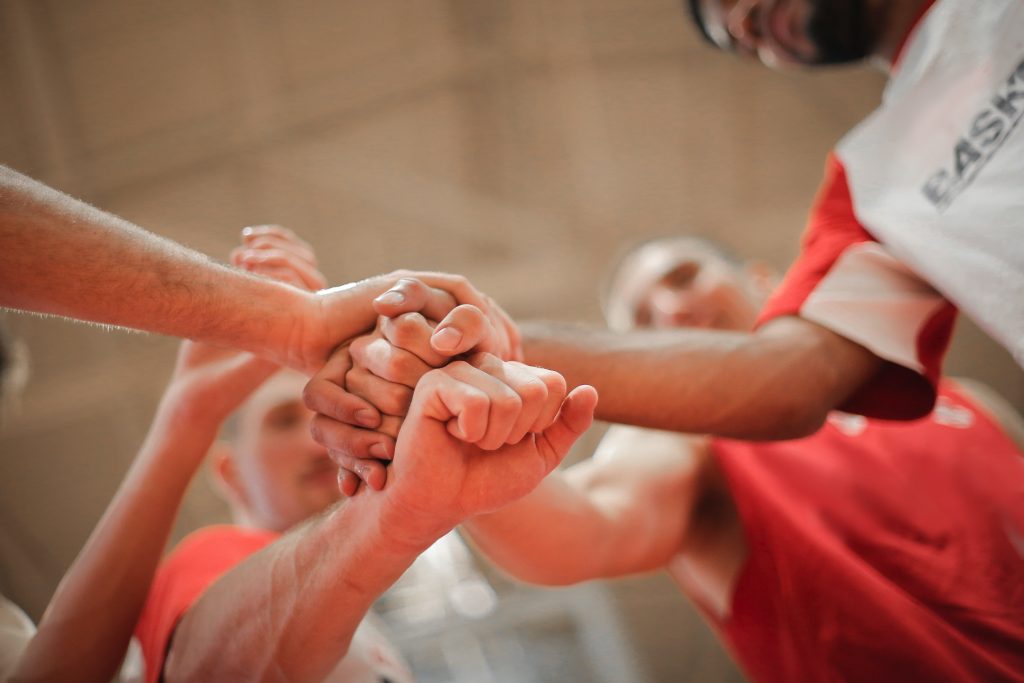
Developing this resilience means you’re better able to handle things. Giving you armour against the things life throws at you. In anything in life, whether that be your relationship, work or an entrepreneurial pursuit, there are going to be curveballs. And being mentally strong when the storm hits, means you have more tools at your disposal.
There are all sorts of things in life that can really test you as a person. And if you haven’t worked on your mental resilience, those challenges are going to get on top of you. You’re not going to do yourself justice.
Being Grateful
Sean’s talk was a very personal one. He had a lot of huge personal challenges in his life. Ones that would have broken many. But he spoke about how he worked with himself to get through those challenges. And it was gratitude.
I’ve shared the idea of gratitude before. At first I thought it was a bit of a ‘cringey’ tip when I came across it: listing a few things you were grateful for before you go to sleep at night, and again when you wake up in the morning.
But I have to say, when it comes to ‘wellness’ advice – it has been one of the most effective ones I have come across. When you practice the act of mentally acknowledging even five things you are grateful for in the day – over time, I found it starts to reset your perspective.
The Reptilian Brain
Science tells us that the human brain is still hanging on to our ‘reptilian’ brain – which is programmed for us to look out for danger. This goes back to our caveman days when our brain had to look out for real danger on the horizon like a tiger or bear. But now, with no tigers around, we are looking out for threats like an overdue assignment, a presentation at work, or what’s going on in the world right now. Our brain can’t differentiate between real immediate threats and abstract ones.
The point is, our brain naturally ignores positive thoughts in favour of negative ones. Because our brain doesn’t care whether or not we are happy. The brain only cares about keeping us alive. It couldn’t give a shit if we are happy at work or not.
So the happiness really, is in our hands.
A Mindful Practice
Learning about the very thing tool that we learn with – the brain gives us so much power. And the more you learn about it, the more you realise how important it is to keep in shape.
Studies have shown that individuals who reach good meta-cognition (the ability to think about one’s thinking) are more successful in life. If we become aware of our negative thoughts through things such as mindfulness, we can gain a better relationship with them, and as a result, more control.
Because our brains are programmed to naturally believe and follow down the rabbit-hole of negative thoughts, in order to gain some control over those negative thoughts, we have to make a decision to combat them with positive ones. And this is where gratitude comes in.
When we practice gratitude, it’s like you are planting seeds of positivity. Ones that will grow after you go to sleep, or carry on with your day.
My story
When Sean spoke about this, it really aligned with me. When I think about my entrepreneurial path, my biggest regret is that I didn’t acknowledge and appreciate the journey more. I wish I’d given more time to take stock of the ups and downs.
I would lament in each and every mistake I made, giving out to myself. But what I learned over time was, if you’re whipping yourself while you’re down, you’ve nothing left to stand up with.
Any time something bad happens, instead of looking at the negatives, try and look at the positives you’ve gained in learning through a mistake. Allow it to strengthen you. Being grateful for these experiences.
If you get skilled at looking at things through a positive lens, it can even be exciting, because you’re all the more informed moving forward, excited to apply what you now know. This is why experience is of such value.
Flipping the negatives into positives builds strength and develops that mental resilience. You’re putting positive energy into the well of energy you’re going to need to draw from throughout the day.
Reinforcing the Positives Rejunivates the Head Space
When Sean said this was the biggest tool, it made sense. Instead of feeling dread about challenges, you’ll get excited. You gain confidence in tackling ‘bad’ situations because you’ve proven to yourself you can get through them and know you’ll come out armed with experience. Using any opportunity around you to build yourself up. It makes huge sense.

Building mental resilience is important not just in business. I think it’s important full stop. And even more, it’s paramount that to put the work into practicing that skill. It can be hard to practice something consistently, but if you’re going to pick anything, gratitude is a proven practice that has positive effect over time.
The small few minutes, if you can get into the habit, can really make a difference to your window of tolerance for stress.
Mental Work-Out

As much as it can be tough to get your body moving to keep healthy – working out your mind is just as important.
That’s why I think gratitude is the greatest tool for your mind, helping you to overcome whatever inevitable challenges come your way.
You can visit Sean’s Instagram here.
Join Jamie's Mailing List
For insights in to Jamie’s coaching method, learnings and updates join his newsletter.


